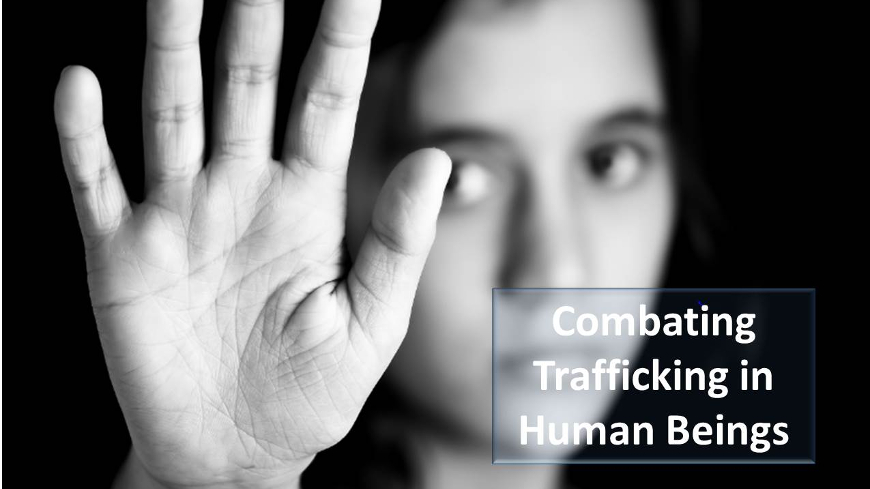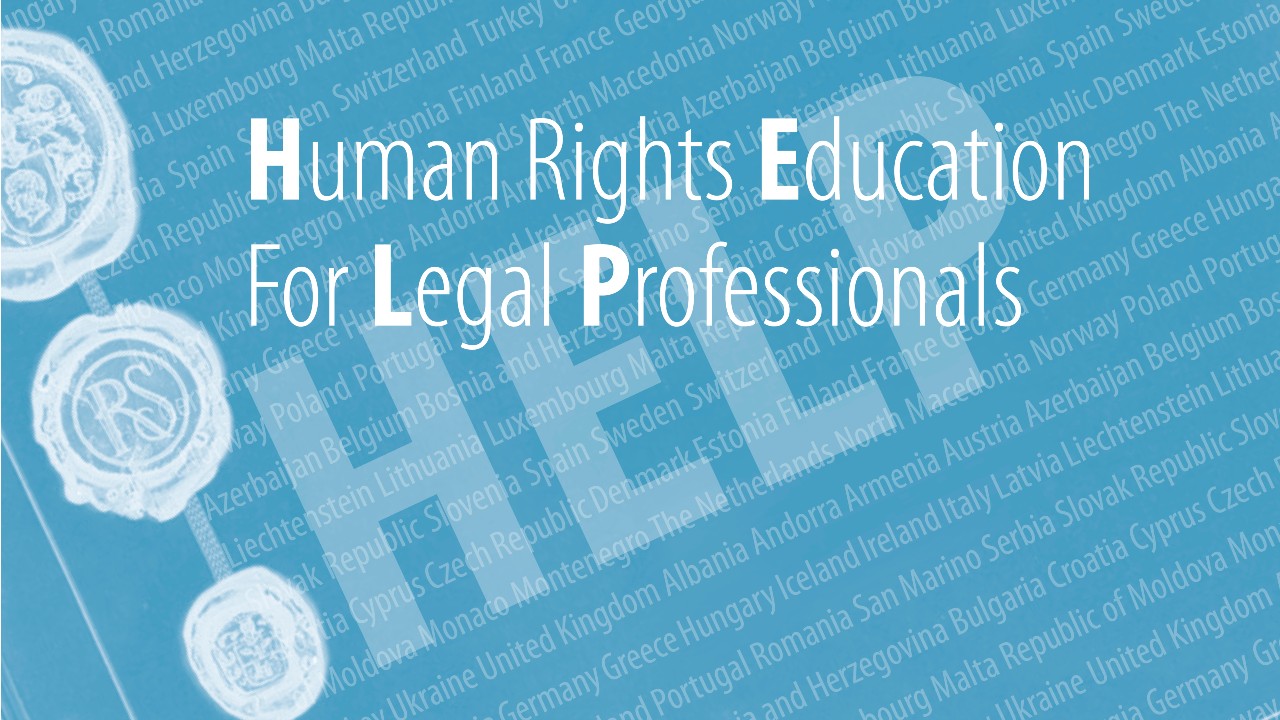The free online course on human trafficking has been developed by the Human Rights Education for Legal Professionals (HELP) of the Council of Europe.
Trafficking in human beings is a serious crime. It is also a violation of human rights and an offence to the dignity and integrity of the human being which affects thousands of victims every year.
The course is designed to equip judges, prosecutors, lawyers, law enforcement officials and other (legal) professionals to effectively apply the standards developed under the Council of Europe Convention on Action against Trafficking in Human Beings in their daily work. It introduces the users to the definitions and legal concepts of human trafficking and provides an overview of other relevant international instruments. It is build up from a human rights perspective and focuses on victim protection.
The course consists of nine substantive modules:
- Introduction and legal framework: the human trafficking problem, the Council of Europe response, the Council of Europe Convention on Action against Trafficking in Human Beingsand its monitoring.
- Definitions and legal concepts: the definitions and legal concepts contained in the Convention and other relevant international instruments.
- Identification of victims of human trafficking: the importance of victims’ identification, the States’ duty to identify victims, the cooperation with NGOs in victims’ identification.
- Assistance for victims of human trafficking: rights of victims to assistance and support and the related States’ obligations, the effects of trauma and victimisation on the physical and mental health of victims, minimum standards of care that States must provide to the victims, right to recovery/reflection period and the rules for its application, minimum conditions for granting a temporary residence status to victims of trafficking.
- The non-punishment principle: the legal nature and scope of the non-punishment principle, the difference of its application to children’s cases and to adult cases, the meaning of compulsion, States’ obligations to apply the principle.
- Investigation, Prosecution and victims’ rights: the peculiarity of investigation and prosecution in human trafficking cases, the relevance of the protection and assistance of victims and witnesses, the relevance of seizing and securing assets from the outset.
- Sentencing: criteria that should be taken into consideration when deciding on the severity of sanctions: retribution, general prevention, special prevention and reparation.
- Compensation for victims of human trafficking: the relevance of compensation in human trafficking cases, the material and immaterial damages covered by compensation, the source of compensation (the perpetrator or the State).
- Return and Repatriation: international standards, safe, dignified and preferably voluntary return, requirements for returning child victims, the non-refoulement principle.
All these topics are explored by using presentations, interactive screens, knowledge tests and reflective exercises.
Click here to take the course in English.





